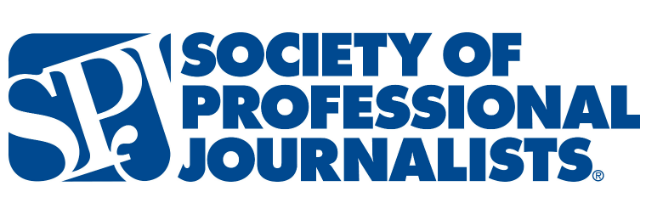Let’s talk about anonymous sources
I have used anonymous sources during my long career in journalism.
I also have been an anonymous source.

So let’s take a look at it, as regards the anti-Trump hit piece in The Atlantic.
It is a hit piece, but that doesn’t mean it isn’t true. That doesn’t mean it is true, either. It used four anonymous sources to report that President Trump referred to U.S. war dead as “suckers” and “losers.”
Would the reporting be more credible had author Jeffrey Goldberg named his sources?
Yes, without question.
Why didn’t he name them?
Journalists almost always try to get a name to go with the comment. That’s mentioned in the Code of Ethics.
You didn’t know journalists have a Code of Ethics? It was developed by the Society of Professional Journalists, the largest association of journalists in the U.S. I have been a member since 1972.
The Code of Ethics is voluntary, a list of recommendations followed by most journalists, even though most journalists are not members.
Here is a passage that deals with anonymous sources: “Consider sources’ motives before promising anonymity. Reserve anonymity for sources who may face danger, retribution or other harm, and have information that cannot be obtained elsewhere. Explain why anonymity was granted.”
A few decades ago, some top tier journalist organizations would not use anonymous sources at all, or reserved their use for the most rare of circumstances.
That firewall crumbled over time, chipped away at by the desire of reporters and their editors to get the best possible information to disseminate.
Anonymous sources are used, basically, for one reason — fear. The fear of retribution the person with the information, who is essentially a whistle-blower, feels. It could be the fear of retribution by an employer, who might fire the person. Or it might be the fear of personal assault — physical or verbal — the source feels. In some cases the person might have signed a pledge of confidentiality. (The ethics of violating such a pledge is a different matter.)
The SPJ Code talks about people in precarious situations.
The first thing the Code requires is a consideration of the motives of the source. What you prefer is someone motivated by idealism, but I would not turn my back on someone motivated by jealousy, for instance. The litmus test, for me, is the information true?
The “truth test” is even more important when using an anonymous source because the responsibility for the information falls entirely on the writer. Responsibility for false information coming from a named source is shared.
Writers will use an unnamed source for two reasons. 1- The information can’t be obtained any other way. 2- The information is true. The general rule is you need more than one source to verify a fact, and if you have two sources, they should be unrelated.
As an example, if I were running down information on a politician provided by a political enemy, I would attempt to corroborate the information with a friend of the politician. A source should always be primary — one who him or herself was witness to a statement or action.
How about when I was the source?
As a journalist, I felt obligated to talk to reporters who were doing a story, say, on the success of the company I worked for, or perhaps an internal dispute.
In a few cases, management ordered staffers not to talk about the issue with outsiders.
In other cases there was no ban on speaking, but criticizing your boss, or editor, or publisher, can have negative career consequences. In such cases I would request anonymity. Otherwise I would allow my name to be used.
There is another side to the anonymity: The source has to have confidence in the journalist to protect identity. Whenever you trust a reporter, you are taking a chance, and I would not automatically trust a journalist I did not know.
Advice I give to others.



